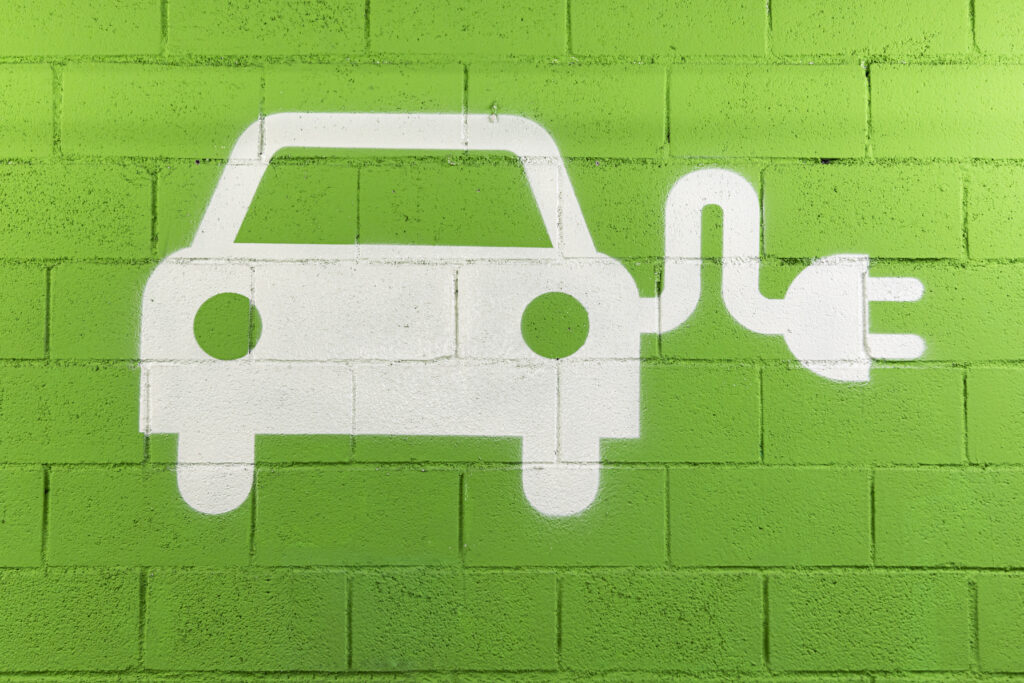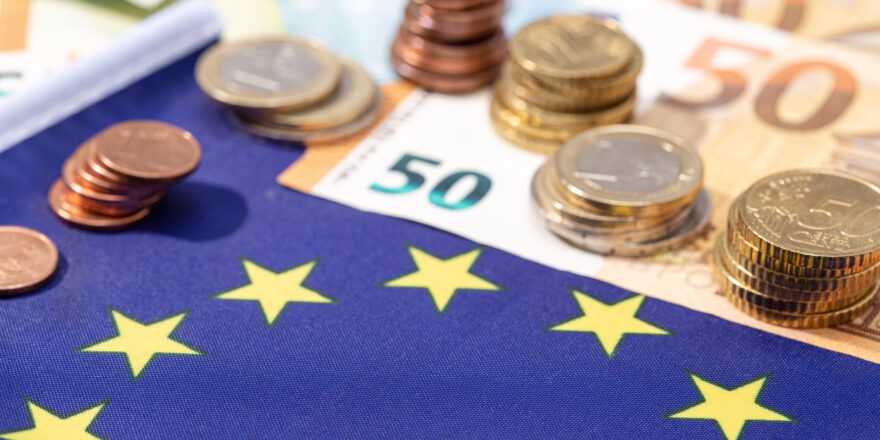The European Green Deal is not just a policy—it’s a grand vision for our future, a long-term commitment that will profoundly transform Malta. This ambitious plan will impact every sector, from logistics to construction and catering establishments, and reshape our society at large. Its implications create an urgent requirement to change and a shift in perspective on sustainable practices, compelling us to embrace new, more sustainable ways of living and working.

Understanding the European Green Deal
The European Green Deal is the European Union’s ambitious strategy to make Europe the first climate-neutral continent by 2050. This framework is not merely a collection of environmental policies but a transformative agenda aimed at promoting sustainable growth, ensuring energy security, and fostering innovation. The Deal includes a wide range of initiatives, from binding regulations to non-binding strategies, each playing a critical role in shaping the EU’s path to sustainability. For instance, the BCRS (Beverage Container Refund Scheme) was conceived based on legislation stemming from this green strategy. Just as an orchestra relies on a conductor to ensure harmonious performance, the European Green Deal framework ensures that all policies align to achieve the overall goal set.

Implications for Malta
- Policy Adaptation and Implementation
For Maltese policymakers, the European Green Deal necessitates significant adaptations in local legislation and policy frameworks. Malta, being an EU member state, must align its national policies with EU directives, such as the Renewable Energy Directive and the EU Plastic Reduction Act. This alignment ensures that Malta contributes to and benefits from the collective EU effort to combat climate change.
The Maltese government has already initiated steps towards this alignment through the Low Carbon Development Strategy and the National Energy and Climate Plan (NECP). These plans focus on enhancing renewable energy sources, improving energy efficiency, and reducing carbon emissions. However, continuous effort is needed to meet the stringent targets set by the European Green Deal.
- Impact on the Private Sector
The private sector in Malta will face both challenges and opportunities under the Green Deal. Key industries, including construction, tourism, and manufacturing, must innovate to comply with new environmental regulations and standards. For instance, the construction sector must adopt sustainable building practices and materials to meet energy efficiency requirements.
Conversely, the Green Deal also presents opportunities for businesses. Companies that invest in green technologies and sustainable practices can gain a competitive advantage. The EU’s emphasis on green innovation means that businesses in Malta could benefit from funding and support for developing sustainable solutions. The Maltese financial sector, in particular, could see growth in green finance, offering new investment opportunities in sustainable projects.
- Sector-Specific Impacts
Energy Sector: The Green Deal’s focus on renewable energy presents a significant shift for Malta’s energy sector, historically reliant on imported fossil fuels. Investments in solar and wind energy will be crucial. The Maltese government has already committed to increasing the share of renewables in the energy mix, but achieving the ambitious targets will require accelerated efforts and innovative solutions.
Transport Sector: The transition to sustainable transport is another critical area. Malta’s transport sector must reduce its reliance on conventional vehicles by promoting electric vehicles (EVs) and enhancing public transport systems. Policies encouraging EV adoption and infrastructure development will be essential to reduce emissions from this sector.
Waste Management: Effective waste management is crucial for reducing environmental impact. The Green Deal emphasises circular economy principles, urging Malta to enhance recycling efforts and reduce landfill use for instance through the Packaging and Packaging Waste Regulation. Initiatives such as the waste-to-energy plant and the voluntary scheme BYOC (Bring-Your-Own-Container) will be pivotal in this transition.

Conclusion
The European Green Deal represents a monumental step towards a sustainable future for Europe, and Malta is poised to be affected by this change now and in the future. By aligning national policies with EU directives, investing in green technologies, and fostering public and private sector collaboration, Malta can navigate the challenges and seize the opportunities presented by the Green Deal. The path to sustainability is complex, but with effective governance and a collective effort, Malta can contribute to and benefit from the symphony of policies driving Europe towards climate neutrality.




